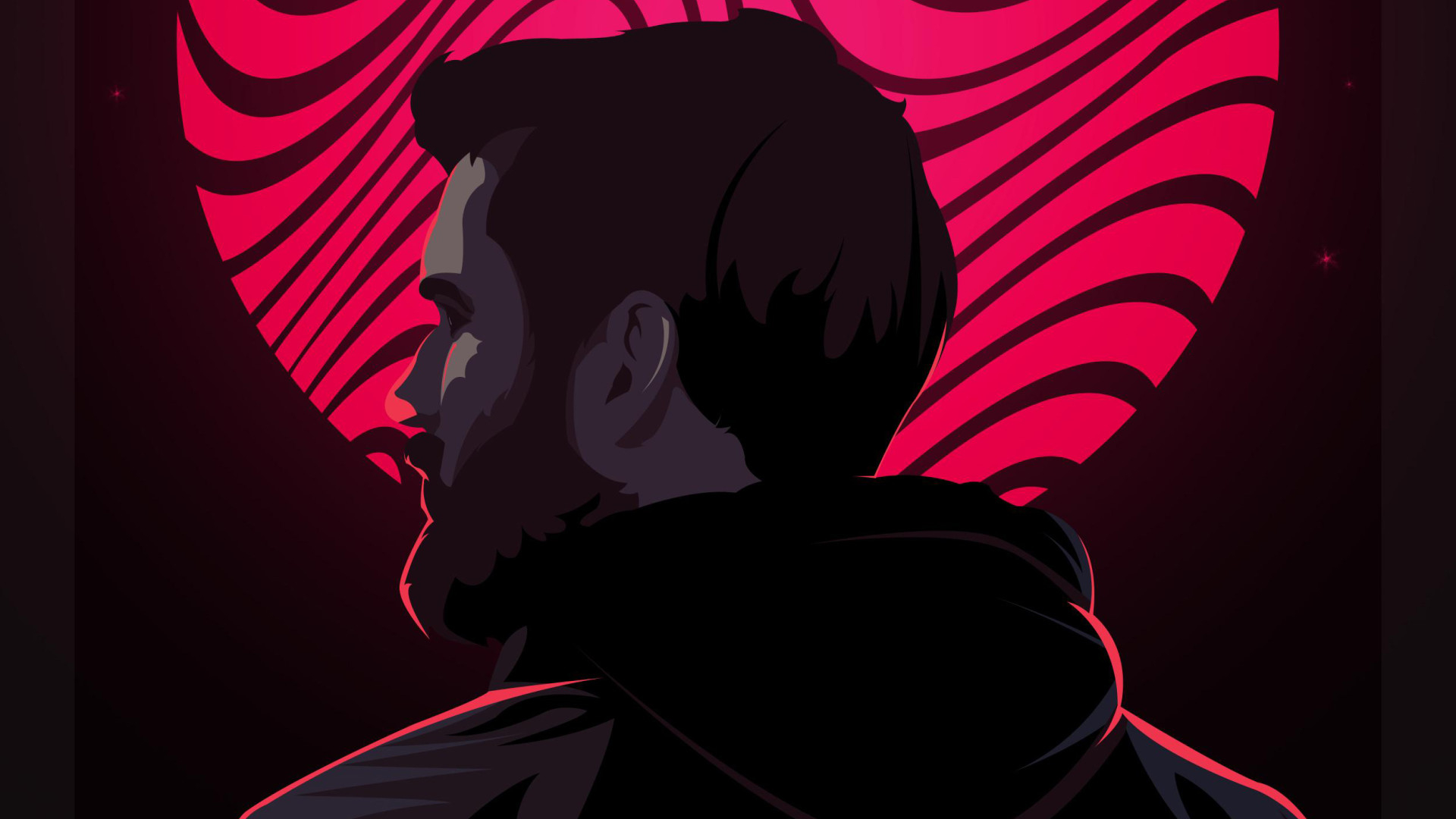In many ways, 2020 seems like a breath of fresh air for Felix “PewDiePie” Kjellberg — the inarguable YouTube king and counterculture icon to his “9 (or recently 19) year-old army.” Despite the occasional gaffe like leaking his email out in a recent live stream, we are lightyears past the drama of yesteryear. PewDiePie has secured an exclusive deal with YouTube, his channel has easily surpassed 104 million subscribers, he celebrated a nostalgic 10-year anniversary, and he is newly married to longtime girlfriend and fashion designer, Marzia Kjellberg. Perhaps there is no better time for him to address his political affiliations — or, lack thereof.
A companion piece to a New York Times Magazine article titled “What Does PewDiePie Really Believe?,” journalist Kevin Roose finally released his sit down conversation with Kjellberg — the first time the megalithic internet celebrity had sat down with the mainstream media following an infamous spat with (unfair) reporting at the Wall Street Journal. In a two-part series within the podcast Rabbit Hole, Roose offers a very even-keeled retrospective of PewDiePie. From small beginnings to being namedropped in one of the most brutal mass killing videos of 2019, it is frankly a tough story for outside audiences to follow — especially coming from a traditional media perspective.
Regardless, the second episode (which you can listen to above) primarily focuses on the interview with Kjellberg following the Christchurch shooting — an instance where the terrorist tried using the raging T-Series vs. PewDiePie meme to (successfully) bait media outlets and online personalities to speak out. Despite daily YouTube videos, it’s almost alien to hear Kjellberg speak so frankly outside the bounds of a Meme Review, Siren Head, or LWIAY
When asked about his own political stances, Kjellberg gave what he thought was a “boring” answer: “I don’t really feel passionate about politics. I know that’s a really lame reply. I wish I was but I’m not really that interested.” When asked if he could think of any politician globally that excited him, PewDiePie says he couldn’t name one.
Obviously, being opposed to much of traditional media and some of the inner workings and policies of big tech companies (read “YouTube”) has led many to think that his stalwart counterculture independence is an indication of a more “Red Pilled” agenda. PewDiePie, noting that these people are “conspiracy theorists” refutes those notions point-blank:
It’s just conspiracy theory mumbo jumbo. I think its pretty annoying as well, people trying to have me as some sort of symbol that doesn’t apply.
While that answer may seem unfulfilling or inherently political to an audience following traditional media–too often steeped in the politics of the US government and latest controversies–there’s a quiet strength behind it. It’s almost difficult to realize that many people approach content creators like PewDiePie, Jacksepticeye, and CoryxKenshin as a form of escapism — not as political experts or specific commentary. Especially in a world where every TV show, movie, comicbook, or video game feels like an inauthentic message is shoehorned in.
On the backs of that, it’s almost inconceivable that someone with a subscriber base 17x more than the New York Times (something they joke about on the podcast) to leverage political change. But perhaps that is why PewDiePie is able to curate the massive audience he has — not an unwillingness to rock the boat with sharing his political agenda, but instead a near-total disinterest in it altogether. It signals that you don’t need a political message to succeed in 2020, despite how pervasive it may seem.
Regardless of multiple years of PR crises, PewDiePie as a brand has never seemed stronger — Kjellberg has more recently re-embraced his gaming roots and took a well-deserved break from the platform, much like he teased in the New York Times article. It’s not clear if he will ever make the more permanent jump to leaving the platform like his wife, but it’s clear that his audience won’t stop supporting him anytime soon.
The post PewDiePie Doesn’t Want to Be Your Political Symbol by Lou Contaldi appeared first on DualShockers.
